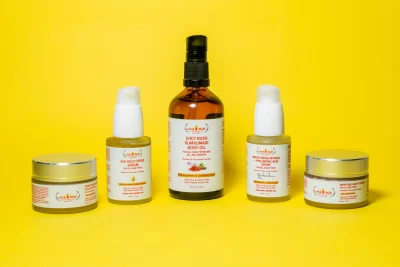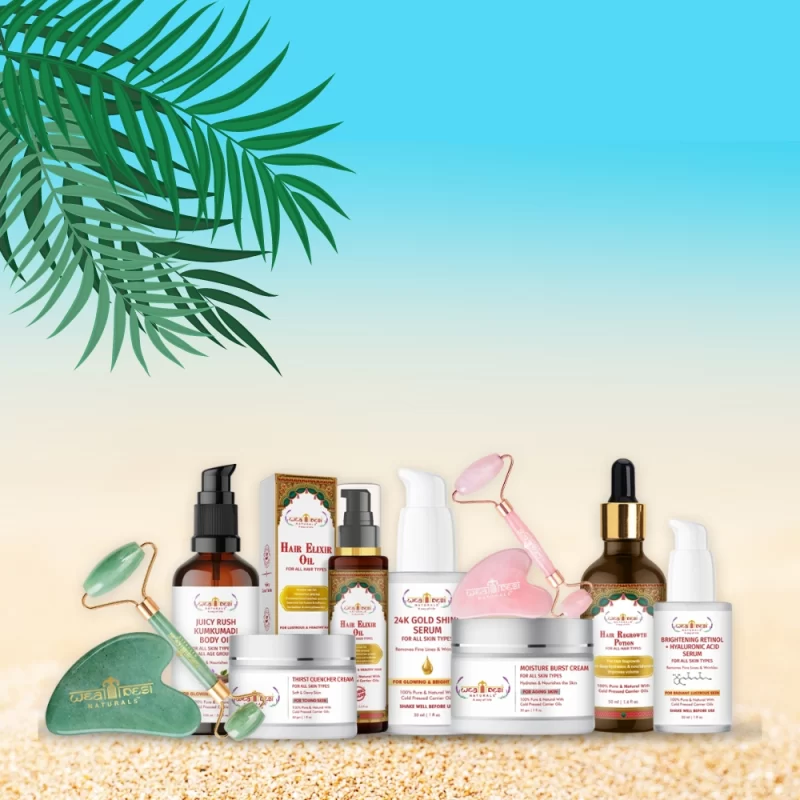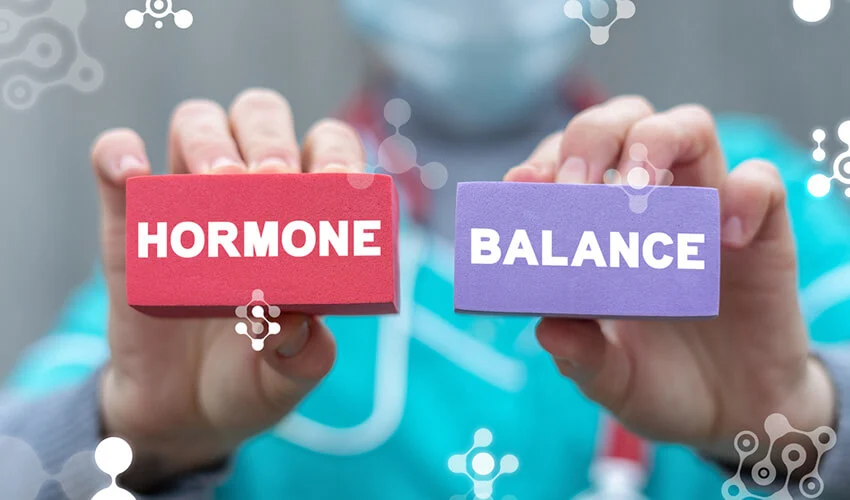Hormones play a significant role in the growth and health of hair. Fluctuations in hormone levels can affect the hair growth cycle, hair density, texture, and even contribute to hair loss. Here are some key hormones and their impact on hair:
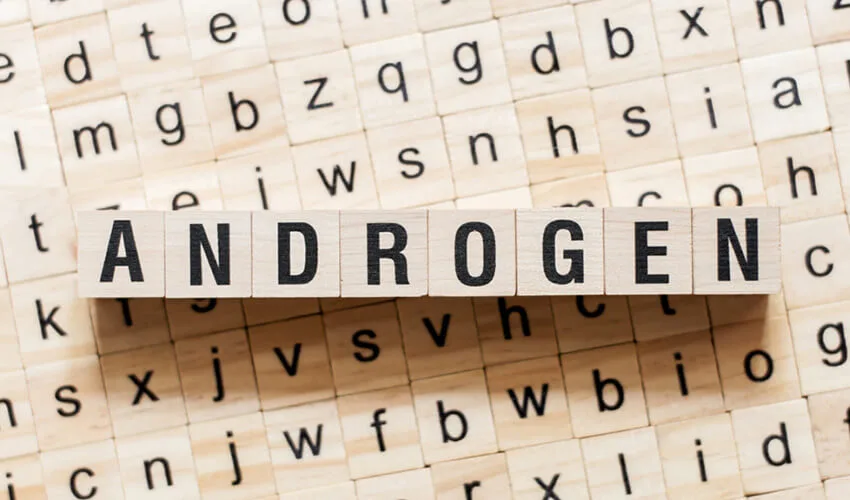
- Androgens (such as testosterone): Androgens are primarily male hormones, but both men and women have them. Dihydrotestosterone (DHT), a potent form of testosterone, can bind to hair follicles and lead to thinning and shortening of hair over time. Androgenetic alopecia, also known as male or female pattern baldness, is associated with increased sensitivity to androgens. Foods like ginger, pomegranate, leafy greens ,onions, fatty fish and fish oil, protein rich foods etc help to boost androgen formation.
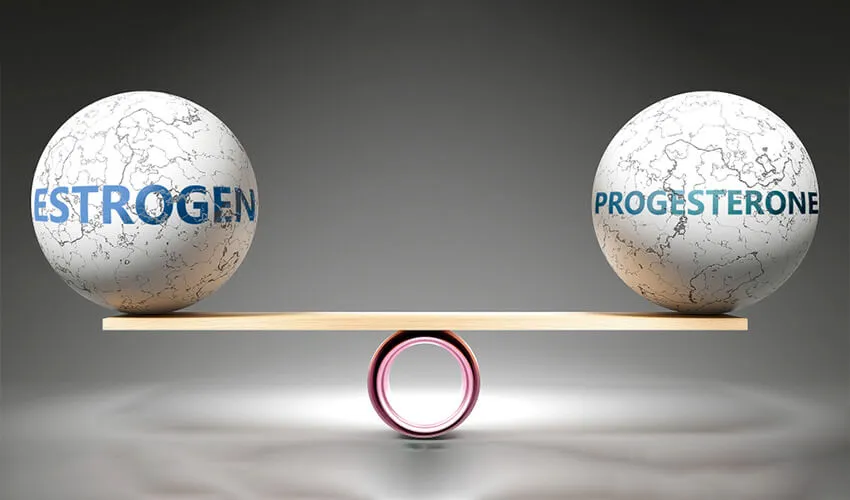
2. Estrogens and Progesterone: These are primarily female hormones, but they also play a role in men. They promote hair growth by extending the anagen (growth) phase of the hair cycle. During pregnancy, elevated estrogen levels can lead to thicker, fuller hair. However, after childbirth or during menopause when estrogen levels drop, hair shedding may occur. Hair tend ko get thinner as the hair follicles shrink, grows slowly and falls out easily during and after menopause. Some foods like flax seeds. nuts, soy products, chickpeas, legumes , fruits are said to help balance the estrogen and progesterone levels in the body.
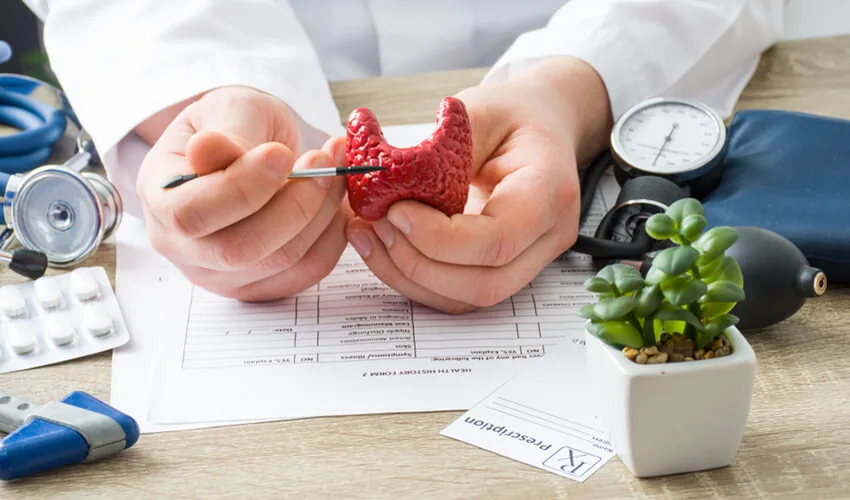
3. Thyroid hormones: The thyroid gland produces hormones that regulate metabolism, growth, and development. Both an underactive thyroid (hypothyroidism) and an overactive thyroid (hyperthyroidism) can disrupt the hair growth cycle. Hypothyroidism can lead to hair loss and thinning, while hyperthyroidism can cause hair to become brittle and fragile. Foods like extra virgin olive oil, flaxseed oil, raw unsalted nuts and seeds, avocados and oily fish improve thyroid hormone levels
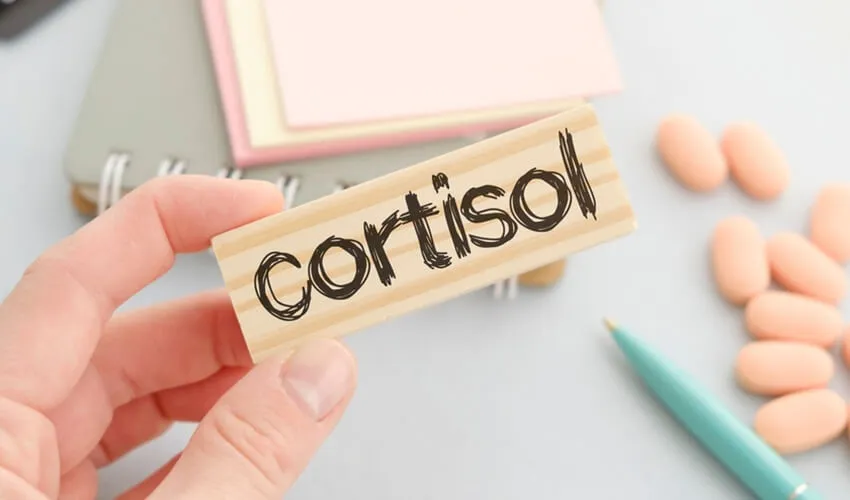
4. Cortisol: It is a stress hormone produced by the adrenal glands. Chronic stress and elevated cortisol levels can contribute to hair loss. Stress-induced hair loss is usually temporary and can be reversed by managing stress levels. Magnesium rich foods like Avocado, Pumpkin seeds, Spinach, Brocoli help balance the Cortisol levels
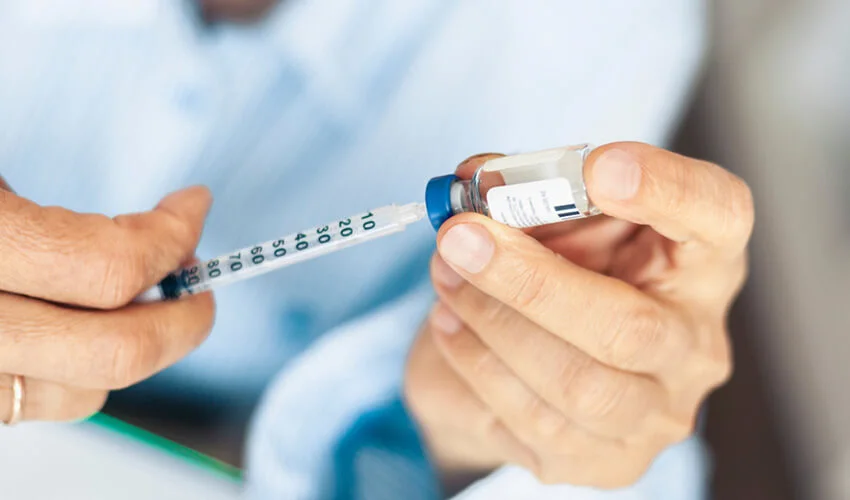
5. Insulin: Is involved in regulating blood sugar levels. Imbalances in insulin and insulin resistance can disrupt hair growth. Conditions such as polycystic ovary syndrome (PCOS) characterized by insulin resistance can lead to excessive hair growth (hirsutism) in some areas and hair loss on the scalp. Fatty fish, whole grain foods, non starchy vegetables help o balance the insulin level
Maintaining a healthy weight, regularly exercise, managing stress, getting enough sleep, quit smoking help to balance hormones. Various factors including genetics, lifestyle, and overall health, can also influence hair growth and condition. If you’re experiencing significant hair loss or changes in your hair, it’s best to consult a healthcare professional or dermatologist for a thorough evaluation and appropriate treatment options. Also always try to opt for pure and natural hair products which do not harm the roots and shaft as their chemical counterparts do.

